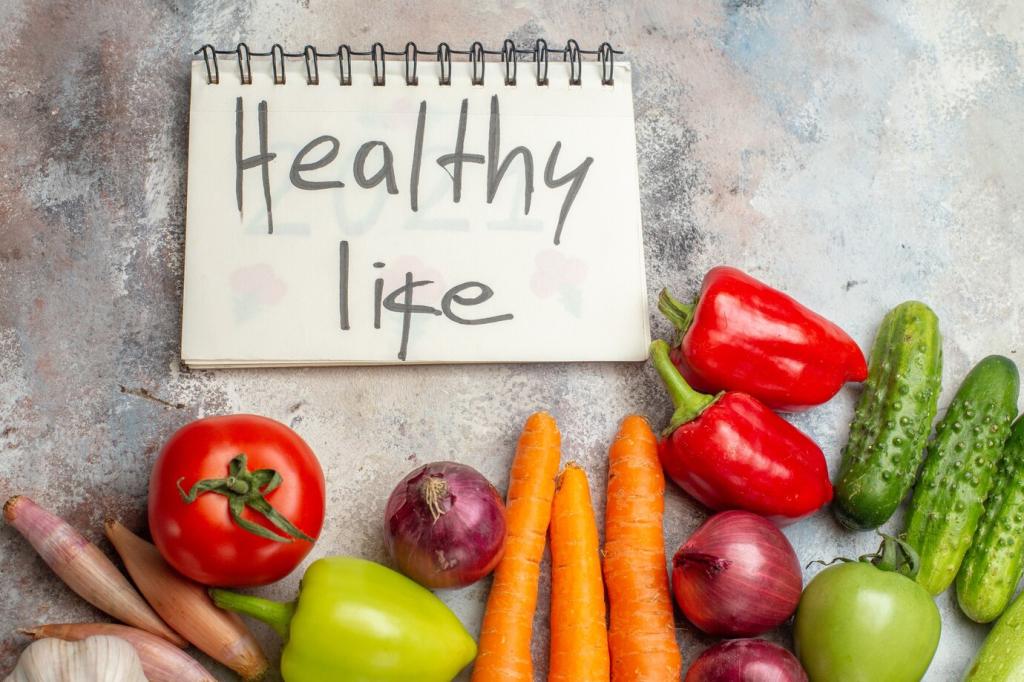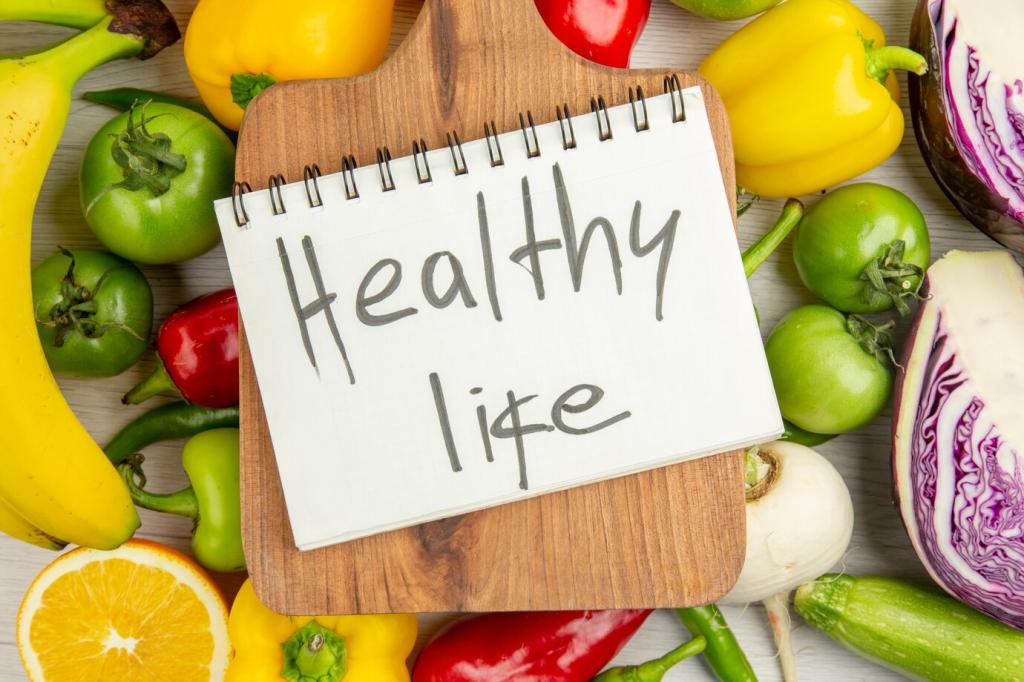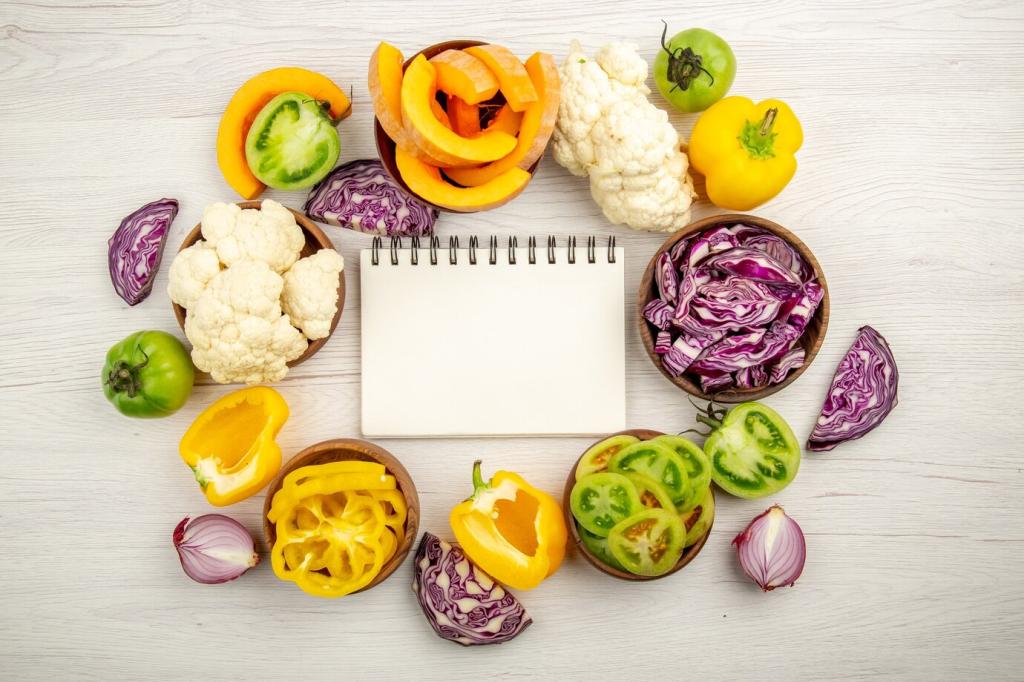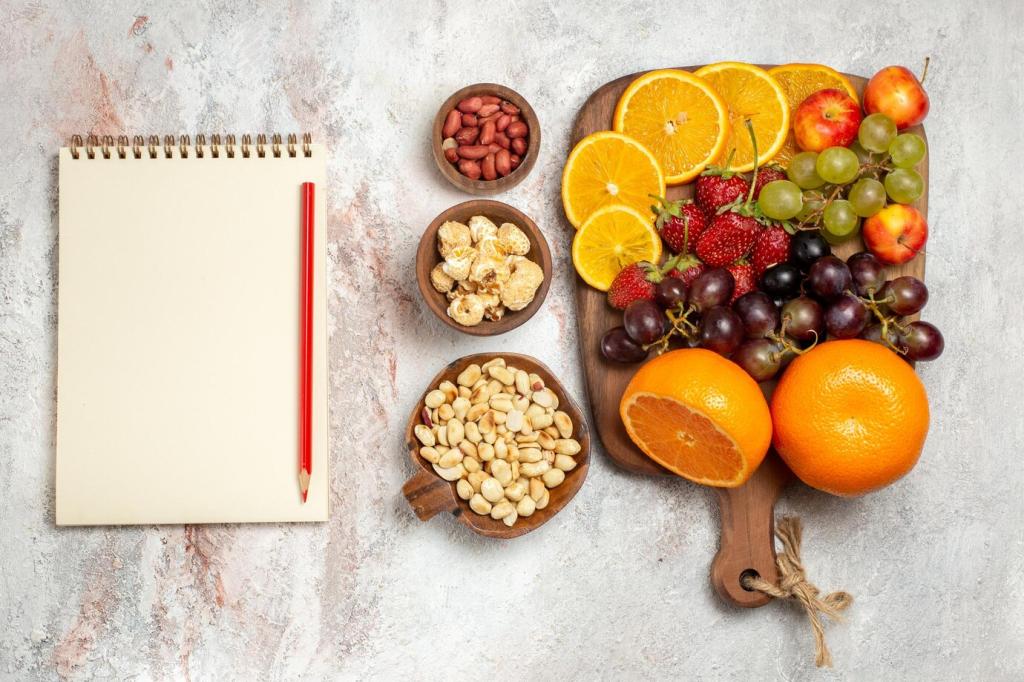Supplements That Make Sense on Plants
Vegans often have lower baseline creatine stores, so 3–5 grams daily can support strength, power, and repeated sprint ability. Many athletes notice better training quality within weeks. Track lifts and times so you can confirm a real performance bump.
Supplements That Make Sense on Plants
Beta-alanine may support high-intensity efforts, while caffeine aids alertness and endurance. Dietary nitrates from beets, arugula, and spinach can enhance oxygen efficiency. Test protocols in training first, and discuss any sensitivities with your coach or clinician.







